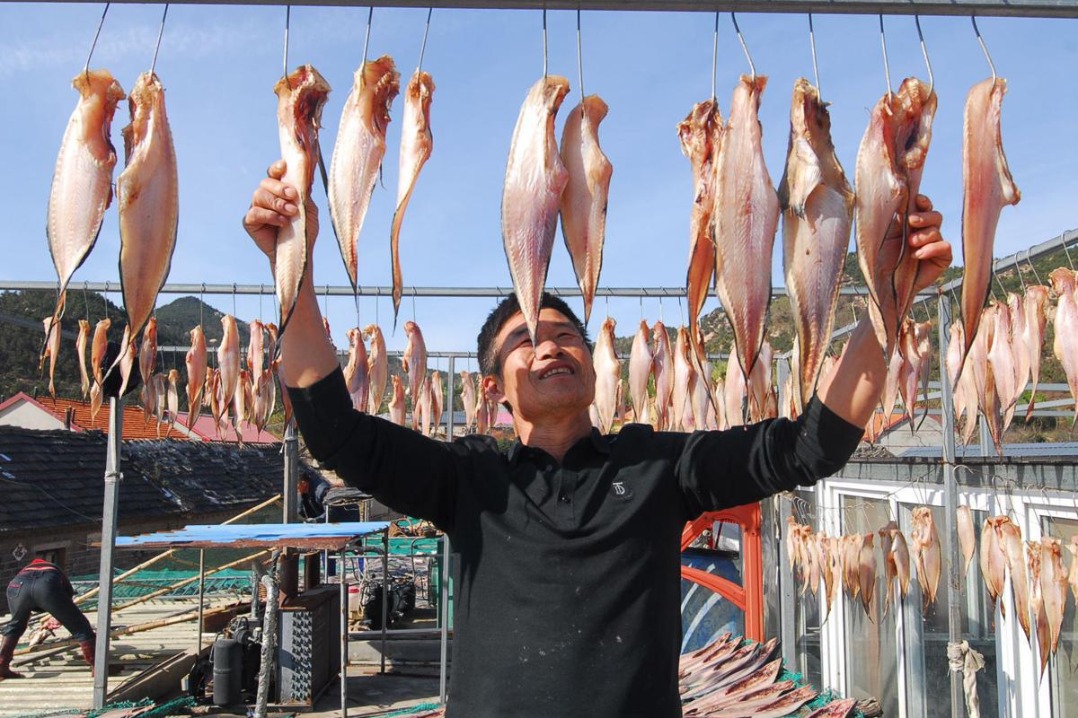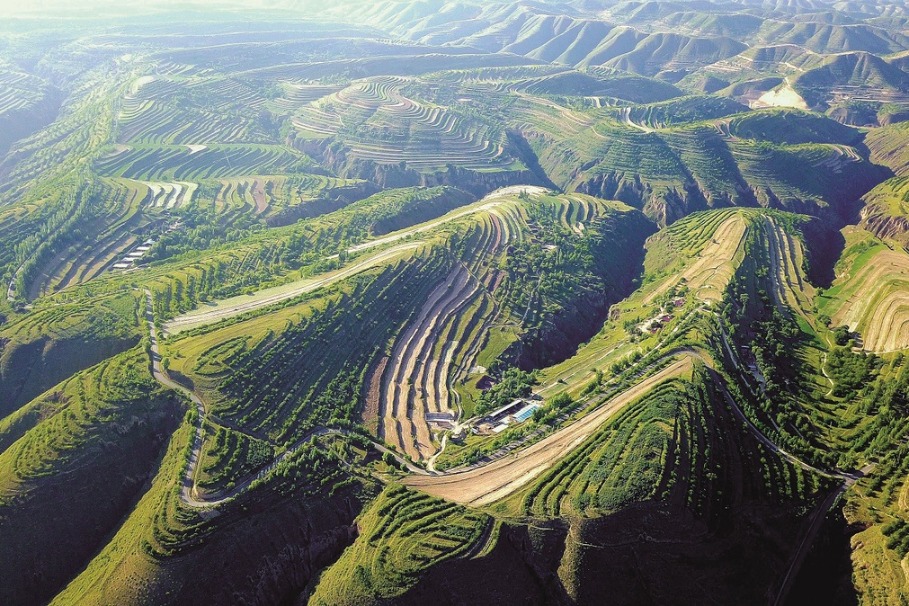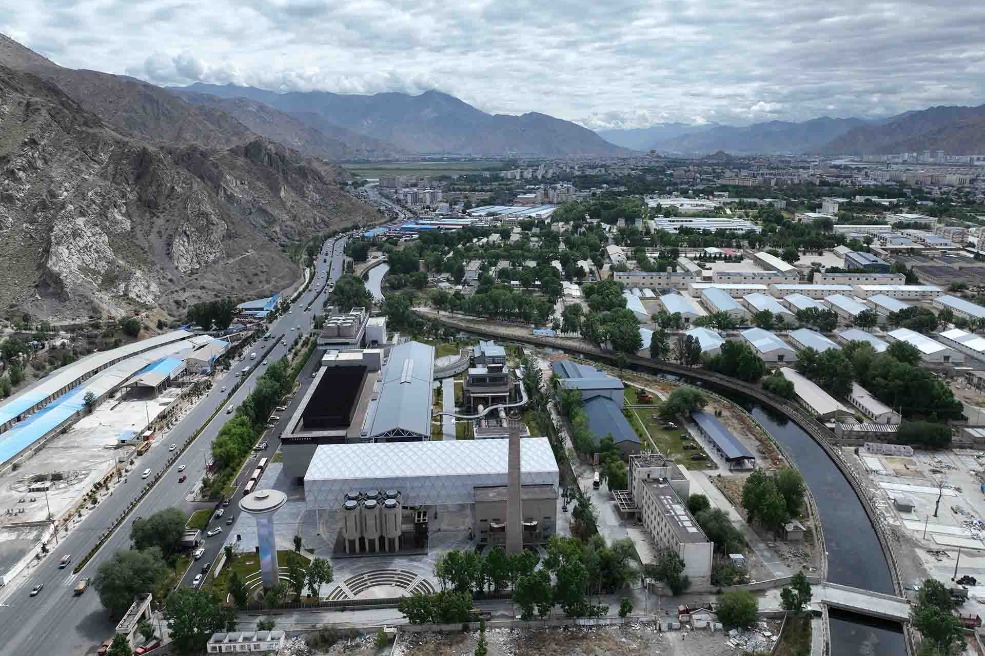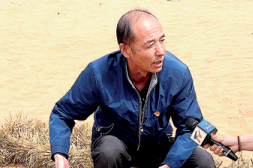Govt works to ensure safety of local people and elephants

Last month, animal conservationists recorded images of three female Asian elephants and seven calves foraging for food and taking naps in Pu'er, Yunnan province.
The scenes of the animals sleeping fascinated people nationwide, and online comments said the elephants had melted their hearts.
Over the past four decades, the number of wild Asian elephants has been rising in China. By the end of 2021, the population in the country — primarily in Yunnan — had doubled to more than 300. According to the National Forestry and Grassland Administration, the elephant population in the province has seen a "baby boom".
Wang Zhihong, an expert with the Asian Elephant Research Center in Yunnan, said: "As numbers rise, the elephants have stepped out of protected areas and entered more resource-rich farmland as they search for food. The overlap of human and elephant activities has affected the residents' crop production and livelihoods.
"To alleviate this problem, a balance is needed between protection of the endangered species and local economic development."
The provincial government has raised the compensation standards for corn, sugarcane, rice and other major crops eaten by the elephants.
Wang said the elephant population is rising again, thanks to a conservation policy that bans hunting and protects habitats.
"As a result of this growth, the elephants need more space and food to live," she said, adding that the expansion of habitats is key for the animals and humans because the two groups need to dwell a safe distance from each other.
To ensure people's safety a monitoring and early warning system now covers the movements of elephants in Yunnan, while a mobile phone app has been developed that is based on the system.
The app is widely used by local residents to pinpoint the location and number of different elephants in areas near their homes, Wang said.
Protective fences have been built in important areas such as villages and towns, schools and high-speed railways to prevent the wild elephants from entering and to protect residents' lives and property, she added.
Gu Yehua contributed to this story.




































